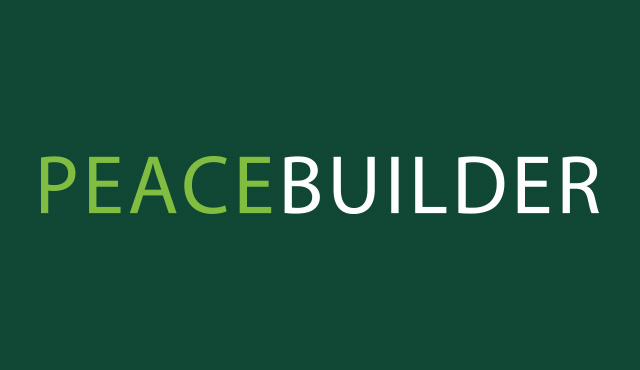Now, more than ever, the skills and analytical frameworks offered by CJP are crucial to our communities. So too is the work being done by our faculty, staff, current students and graduates.
In 2020, the twin pandemics of COVID-19 and racial injustice pushed people into isolation and called them to the streets in solidarity. We are grappling with the consequences of deeply rooted divisions in our communities and the nation and the world. We are facing a reckoning with the forces of white supremacy and the long-tail of the consequences of colonialism, domination, and the violent extraction of wealth from people and the planet. The pandemic exposed the breadth and depth of the deadly inequality that humans have created in a world of abundance, where there is more than enough for every single person to be housed, fed, cared for, educated, and supported in their flourishing but we have chosen to invest in excessive military spending and policies that escalate inequality and suffering.
CJP has responded to all of these events and challenges by practicing a values-driven adaptability. What we do (educate and accompany leaders for making the world more just and less violent) and why we do it (because to be fully human is to promote right relations among people and with the planet) does not change. How we do it is subject to innovation and adaptation as we have leaned into opportunities while mitigating the negative impacts of change that is out of our control.
- In response to COVID, we moved all of our graduate programs online for one year, while simultaneously launching the new Master of Arts in Transformational Leadership (MATL). This new program is designed for working professionals who would attend one Summer Peacebuilding Institute session and complete the rest of their studies online. It was an adaptation to the changing patterns of higher education enrollment that was already in the works; we just launched it a year earlier than planned.
- Demand for the MATL in addition to online offerings led to the enrollment of our largest incoming class in CJP’s history (all the more astounding is that this happened in the middle of a pandemic). However, most of the new enrollees are part-time students, a trend in graduate education that is here to stay.
- The CJP learning community has long been known as nurturing and fostering, helping each student to prepare for their unique professional peacebuilding contexts with academic rigor and practice opportunities. With a different mix of students studying part-time and full-time, from on- or off-campus locations we are working to increase scholarship opportunities, provide flexible instructional formats and strengthen our student advising and support systems.
- As we adapt to online and more part-time students, we have developed new ways of building and sustaining communities and relationships mediated by technology. We also discovered innovative ways to do field research, some of our students wowed local clients by inventing ways to conduct online facilitations, graduates have launched new businesses doing online facilitation, and we have successfully placed students in online practica.
- Dr. Katie Mansfield and a group of STAR affiliates redesigned the STAR curriculum for online delivery. They also took that opportunity to ensure that STAR addresses issues of trauma caused by racism and other forms of protracted injustice.
- We continue to explore the opportunities presented by a recent whole-university realignment. The center’s graduate programs and professional education programs (SPI, STAR, and the Zehr Institute) are now located in the School for Social Sciences and Professions under the leadership of Dean David Brubaker. Consultant Lori Pyle is conducting a structural review to gain insight into adjusting some of the ways that CJP interfaces with the university. These adjustments will be largely managerial, although we hope that finding efficiencies in management will allow us more scope for programmatic innovation.
- Two unplanned changes were the departures of Dr. Carl Stauffer and Dr. Johonna Turner to the US Institute of Peace and to Conrad Grebel University College at the University of Waterloo in Ontario, Canada, respectively. At a time when many are experiencing post-pandemic stress, reflection and reprioritization, they joined the many people in our country who are rethinking what they want to be doing and where they want to be living. We were extraordinarily blessed that Dr. Lisa Schirch, former CJP faculty, and Dr. Tammy Krause MA ‘99 (recipient of our 2016 Outstanding Service Award) joined us to teach two courses this spring semester.
- Now, we are working on hiring two visiting professors. One will focus on restorative justice and will be located at CJP. The other will be shared by undergraduate social science and CJP. Next year, we will be coordinating across the school’s programs to fill multiple faculty positions with a focus on bringing in a team that will diversify our faculty and provide broad leadership.
We invite you to join us for our CJP Anniversary Celebration June 4-6, and especially to attend a Sunday session where Executive Director Dr. Jayne Docherty will share reflections on the past, present, and future of peace and justice education, the role that CJP has played, and the opportunities that lie ahead. We will also invite you to share your ideas, dreams, and hopes for CJP.
